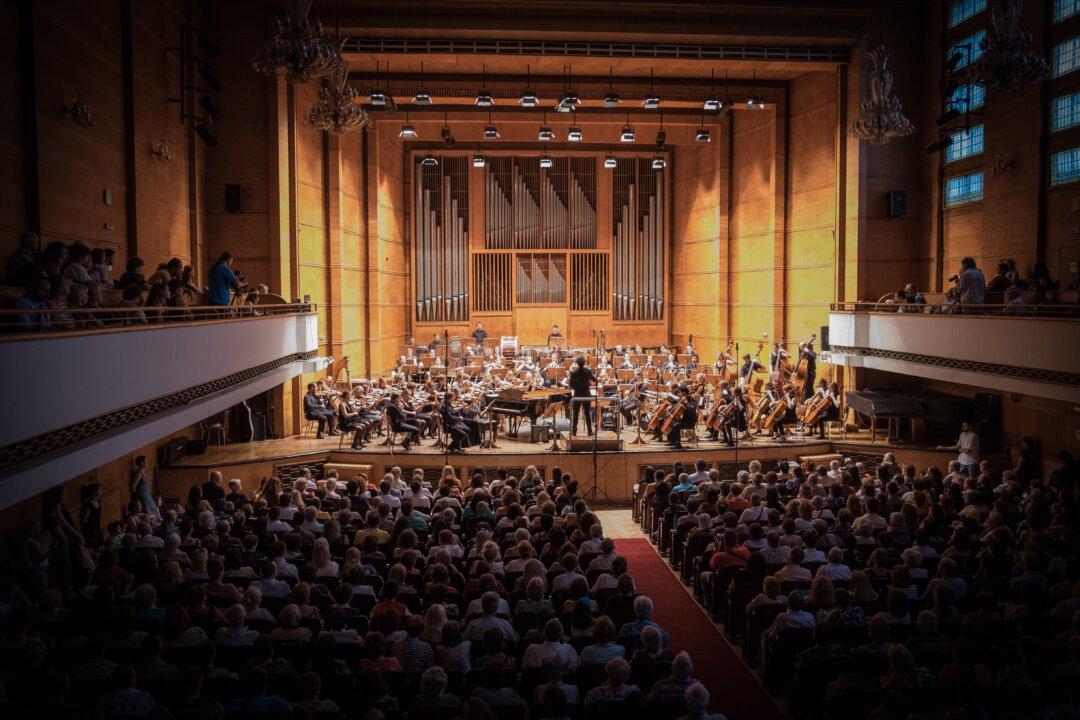Commentary
Many of us were early enthusiasts of digital things. Watching the internet go from basic communications (1989–1995) to the web to a commercial bazaar (1995–2005) was a beautiful unfolding of the market economy in action, fusing human ingenuity with public service.





